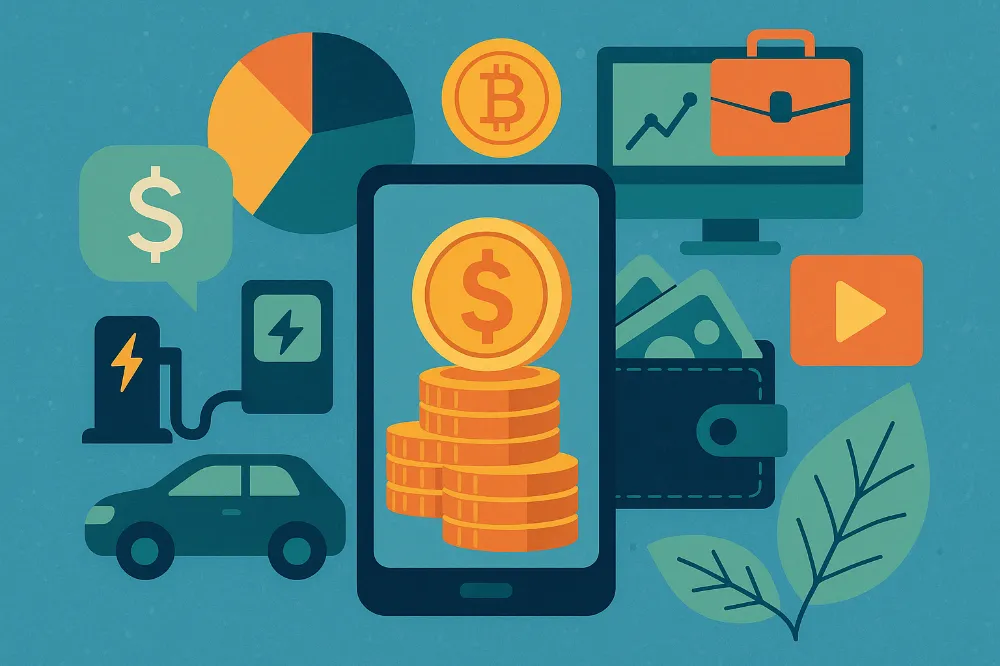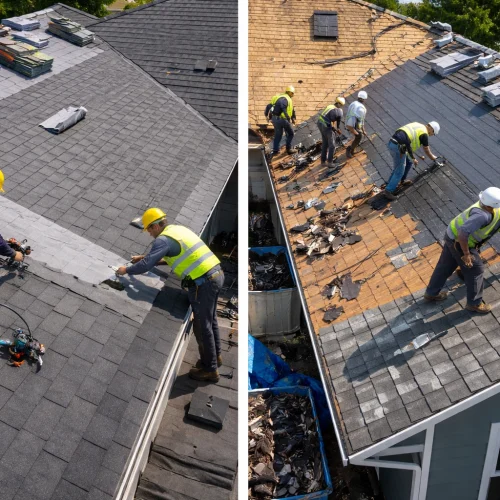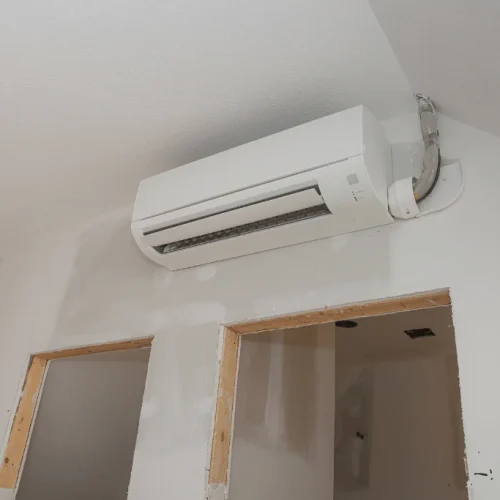
The mainstream of the unclaimed property system in America is still the bank accounts and insurance policies; however, a monumental shift has been demonstrated in 2025. Already, the unclaimed property pool in the country has surpassed over 70 billion dollars and with a rising percentage of it is provided by digital platforms, subscription models and new industries.
The loopholes in consumer awareness and regulation are brought to light by this development. Unclaimed property is not just the sleeping savings accounts anymore but all the digital wallets, the renewable energy credits too. We identify five fast-growing categories that are changing how Americans and policymakers should think about lost assets as described below.
Digital Financial Services: The New Frontier of Lost Assets
The wave of the new unclaimed property is the biggest that is being generated by the digital finance booms. Whether stemming from a small initial conversion like PLN to BTC or a large portfolio, cryptocurrencies are frequently locked out when the owners lose private keys or place tokens in various places on the exchanges. Inactive DeFi accounts and forgotten hardware wallets are common examples.
Peer-to-peer payment platforms such as Venmo, PayPal, and Zelle also accumulate dormant balances when users close accounts without emptying them. Robo-advisors, micro-investing apps, and zero-commission trading platforms contribute similar risks, especially with promotional credits.
Industry estimates show double-digit annual growth in abandoned digital accounts since 2021. Online-only banks and fintech startups compound the problem: when firms collapse or merge, customers may not know where their residual funds go.
Regulators are playing catch-up. Laws written decades ago seldom account for decentralized wallets or algorithmic trading platforms, leaving a policy gap at both the state and federal levels.
Subscription Economy Refunds and Credits: The Recurring Payment Problem
The subscription economy streaming services, fitness apps, and software have introduced a new form of lost property: unused refunds and credits. When customers cancel mid-cycle, companies often issue small credits. Many are ignored, especially when only a few dollars are involved.
Automatic renewals worsen the issue. Some consumers cancel services but continue to be billed, creating unclaimed refunds. Business model pivots also leave behind legacy credits, and gifted subscriptions can generate refunds owed to the original purchaser.
Entertainment and software dominate this category, though fitness programs follow closely. Younger consumers are more likely to abandon balances, while older users pursue recovery. Overall, subscription-related unclaimed property is expanding quickly as Americans juggle dozens of digital memberships.
Gig Economy and Freelance Platform Assets
Flexible work has given rise to one more rapidly expanding category, the gig economy earnings in platform accounts. Drivers and couriers tend to accumulate balances or bonuses with such companies as Uber and DoorDash that become inactive in the long run.
The same is the case with freelancers. Escrow funds or deferred payments may be in marketplaces like Fiverr, Upwork, or TaskRabbit. Airbnb hosts can lose sight of security deposits and closure of platforms or mergers can leave payouts in limbo.
Having balances on multiple apps on the gig has been complex to track and hence the need to have such resources as Claim Notify. Multi-platform employees are especially vulnerable, and their bits are spread across a series of systems. Analysts are of the opinion that this segment will remain one of the fastest-growing segments up to 2025 and further.
Healthcare and Insurance Innovation Unclaimed Assets
Disruption in care has created new paths in unclaimed property. Telemedicine practitioners usually provide credits when one cancels their membership or when the membership is not used. It can be the complexity of Digital Health Savings Accounts through investment-based balances.
Insurance technology startups are riskier: the insurers will probably be left without the coverage of the premiums in the event of failures or alterations. Under Medicare Advantage, transitions lead to the development of supplemental benefit credits and pharmacy benefit programs and wellness incentives are not necessarily achieved.
Balance can be outstanding even in installment medical bill payment platforms. The trend is further boosted by the shift in regulations that lead to transitional refunds which have lapsed in the minds of many patients. This is a category that is becoming more popular in the country as virtual care and health fintech become more popular.
Green Energy and Environmental Credit Programs
The green economy is also fueling unclaimed property growth. Solar leasing firms owe refunds when contracts end early or when companies collapse. Electric vehicle rebate programs and charging credits often remain uncollected due to incomplete paperwork.
Carbon credit and renewable energy certificate trading platforms add further complexity. Small businesses and individuals may lose track of credits when programs restructure. Utility energy-efficiency incentives similarly generate overlooked refunds.
The sector’s rapid growth and the frequent failure of cleantech startups mean deposits and memberships are often stranded. States leading in renewable adoption naturally see the highest levels, but the trend is spreading nationwide.
Preparing for the Future of Unclaimed Property
America’s unclaimed property crisis is evolving. Beyond dormant bank accounts, the fastest-growing categories now include digital finance, subscriptions, gig platforms, healthcare fintech, and green energy programs. For consumers, this demands greater vigilance. For policymakers, it signals the urgent need to modernize regulations that lag behind economic innovation.
Staying informed is critical. Resources like Claim Notify help individuals and professionals navigate this fragmented landscape, offering insights into where hidden balances may lie.
The future promises even more categories, ranging from AI-driven micro-accounts to Web3 platforms. The challenge is not whether unclaimed property will keep expanding, but how quickly Americans can adapt to this shifting $70+ billion ecosystem.













